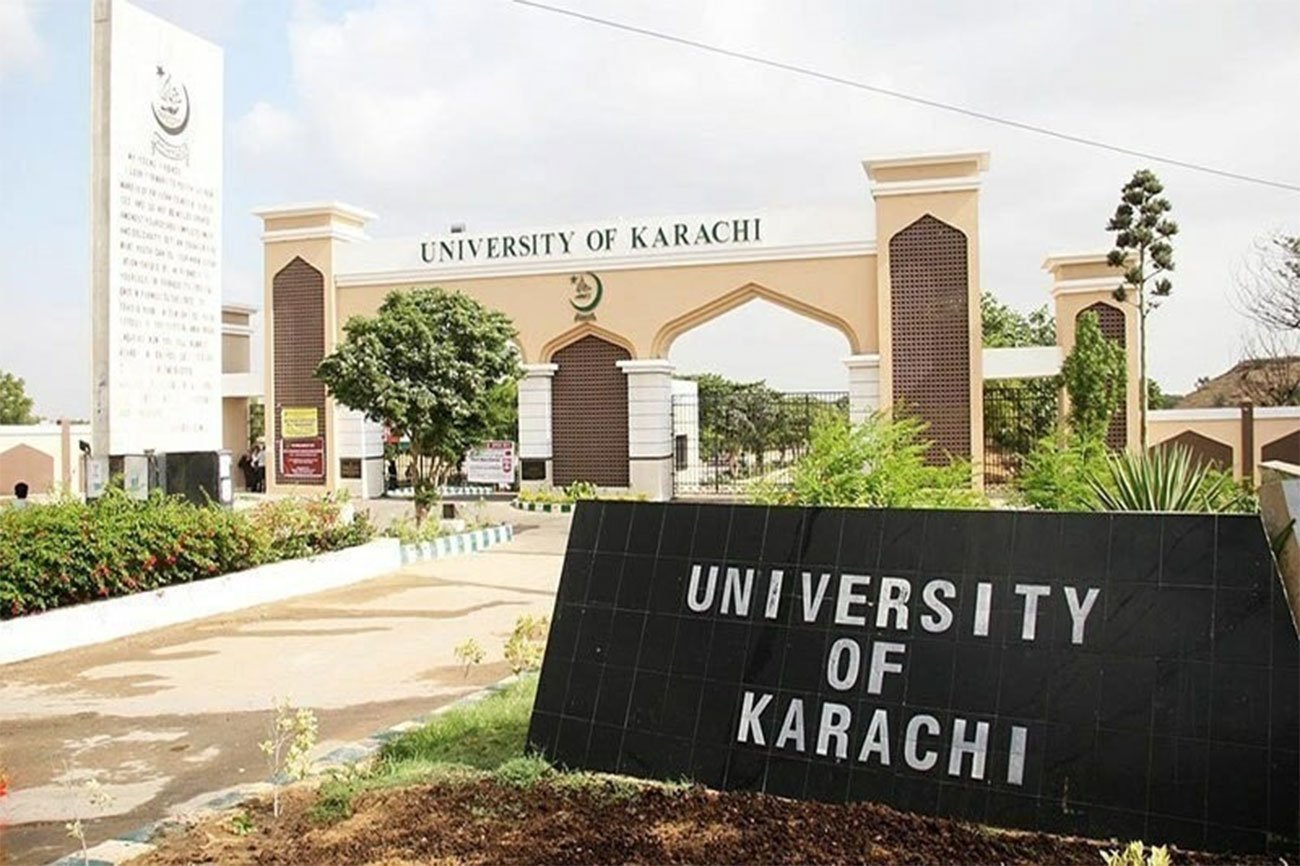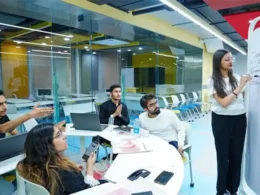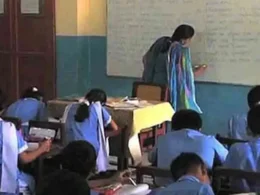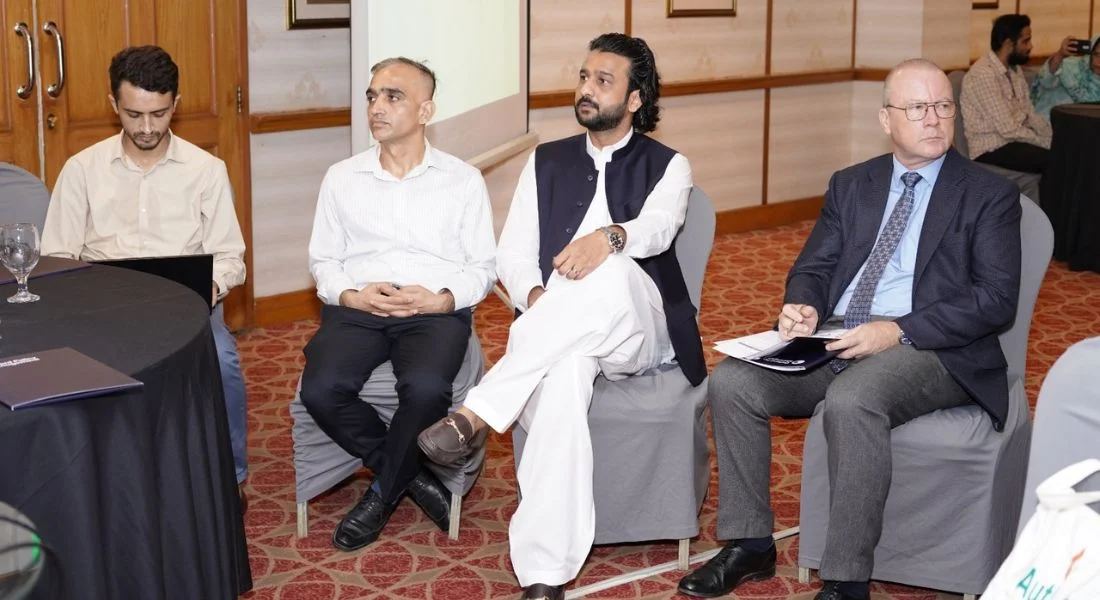In a significant development aimed at fostering educational collaboration and development, the University of Karachi (KU) has decided to allocate two acres of its land to the Sindh Higher Education Commission (SHEC). This decision was reached during a recent meeting of the KU Syndicate, chaired by the Vice-Chancellor, where various administrative and academic matters were discussed.
The allocated land will remain under the ownership of Karachi University, ensuring that the institution retains control over the property and any structures that may be developed on it. The decision stipulates that the land is to be used solely for educational and research purposes, with a clear prohibition against any commercial exploitation. This move aligns with the university’s commitment to preserving the integrity and academic focus of its property.
A Step Towards Educational Advancement
The decision to allocate land to SHEC reflects the university’s dedication to supporting the advancement of higher education in Sindh. Established in 2013 following Pakistan’s 18th Constitutional Amendment, the Sindh Higher Education Commission has played a pivotal role in promoting higher education, research, and development across the province. By providing land to SHEC, Karachi University is facilitating the commission’s efforts to enhance the educational landscape in Sindh.
The land allocation is expected to serve as a foundation for initiatives that SHEC will undertake to bolster higher education in the region. These initiatives include the development of facilities that could support various educational and research programs aimed at improving the quality of higher education in Sindh.
Preserving Ownership and Purpose
One of the key aspects of the agreement between KU and SHEC is the preservation of the university’s ownership over both the land and any future infrastructure built on it. This clause is crucial in maintaining the university’s control over how the land is used and ensuring that it remains dedicated to academic purposes. The university’s decision reflects a balanced approach, combining the need for development with a commitment to preserving its resources for educational advancement.
SHEC’s Mission and Role
The Sindh Higher Education Commission has been instrumental in driving progress in the province’s educational sector. Its mission revolves around the promotion of higher education through a variety of programs, including scholarships, research grants, capacity-building initiatives, and quality assurance measures. By facilitating these programs, SHEC aims to contribute to the socio-economic development of Sindh, equipping the province’s educational institutions to meet contemporary challenges.
SHEC also emphasizes the importance of building provincial, national, and international linkages to foster knowledge sharing and collaborative research. These connections enable institutions in Sindh to leverage specialized expertise and equipment, further enhancing the quality of education and research in the province.
Strengthening KU’s Academic Framework
In addition to the land allocation, the Syndicate meeting also saw the approval of new department heads for various faculties within Karachi University. These appointments are part of ongoing efforts to strengthen the academic and administrative framework of the university. By placing capable leaders at the helm of its departments, KU aims to ensure that its academic programs continue to grow and adapt to the evolving demands of higher education.
The decision to allocate land to the Sindh Higher Education Commission marks a strategic move by Karachi University to support the development of higher education in Sindh. By providing space for SHEC’s initiatives while retaining ownership and control over the property, KU is playing a key
role in shaping the future of education in the province. This collaboration between KU and SHEC not only underscores the university’s commitment to academic excellence but also its dedication to fostering an environment that encourages research, innovation, and educational advancement. As these plans move forward, the impact of this partnership is expected to resonate across Sindh, contributing to the broader goal of socio-economic development through education.











